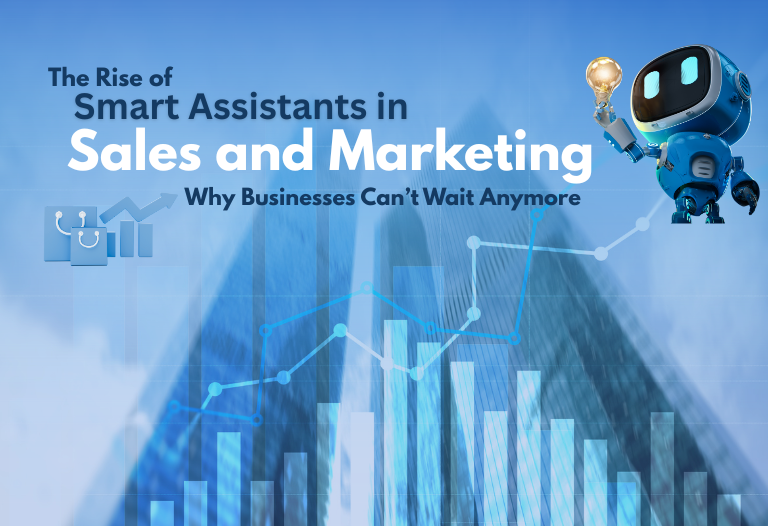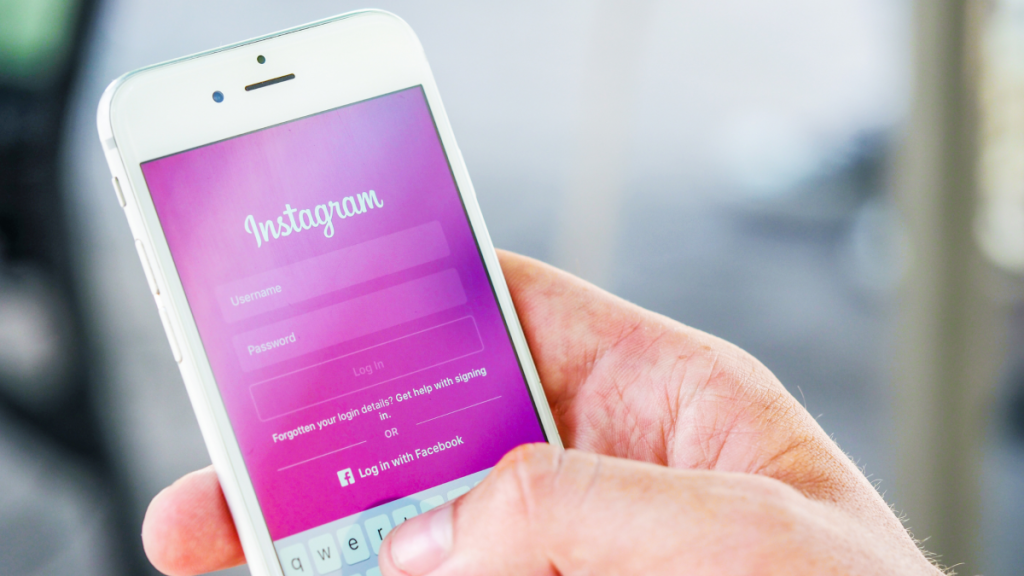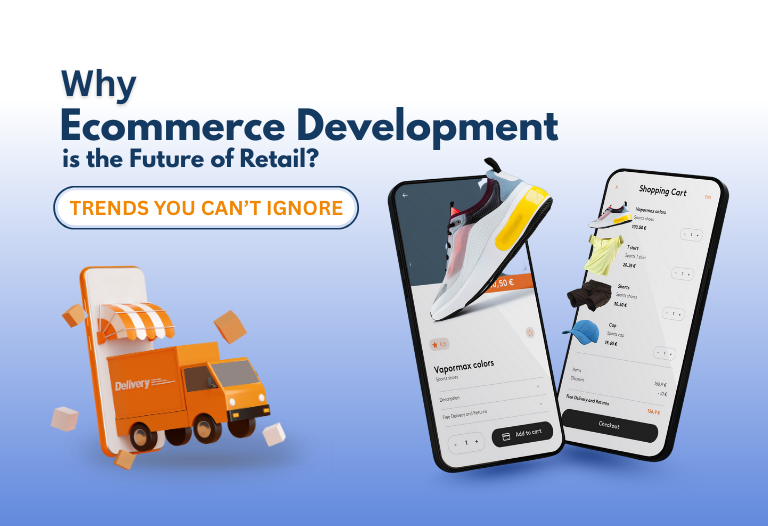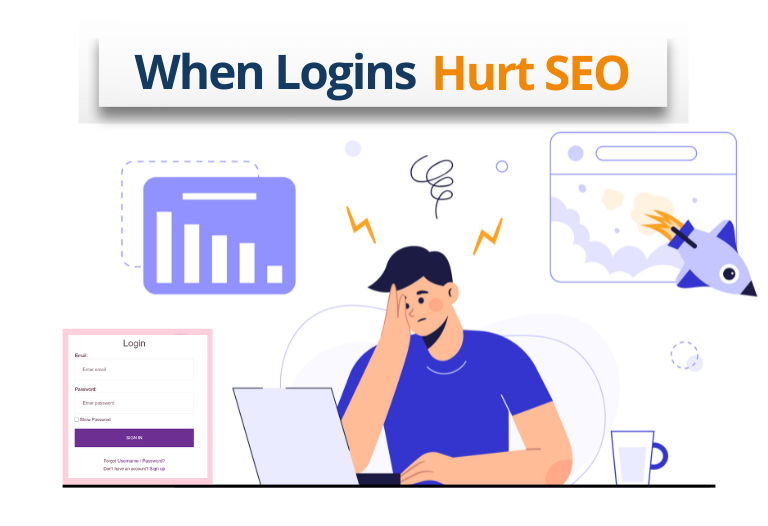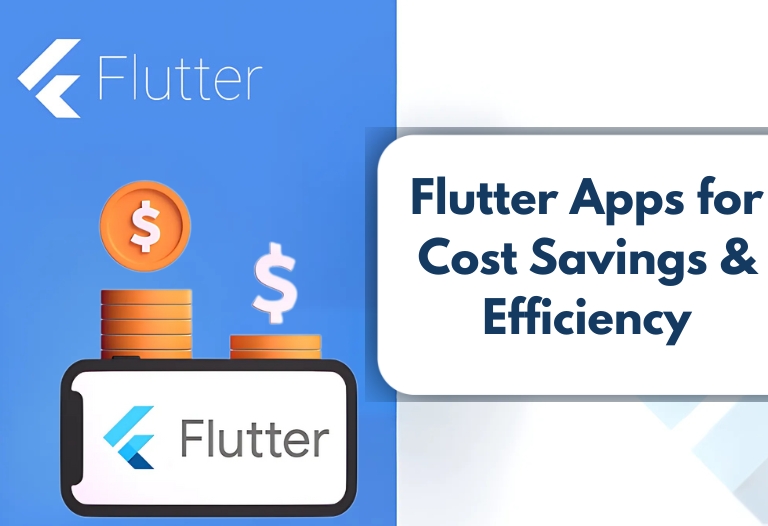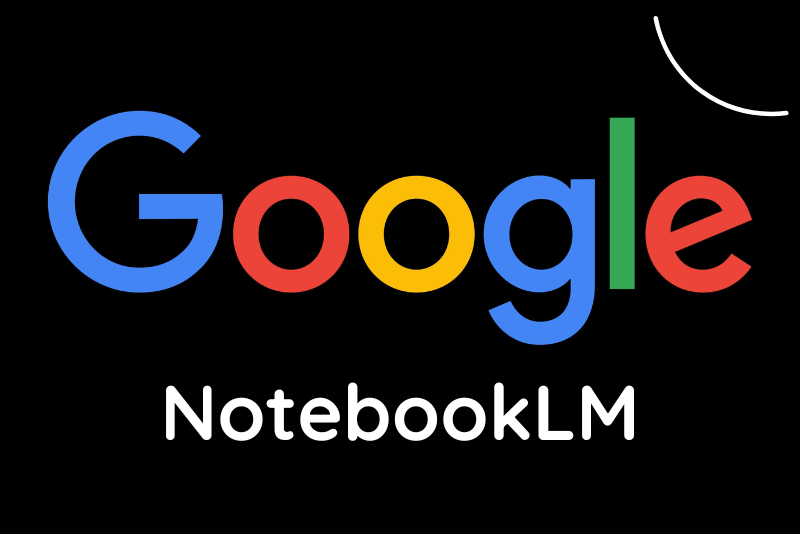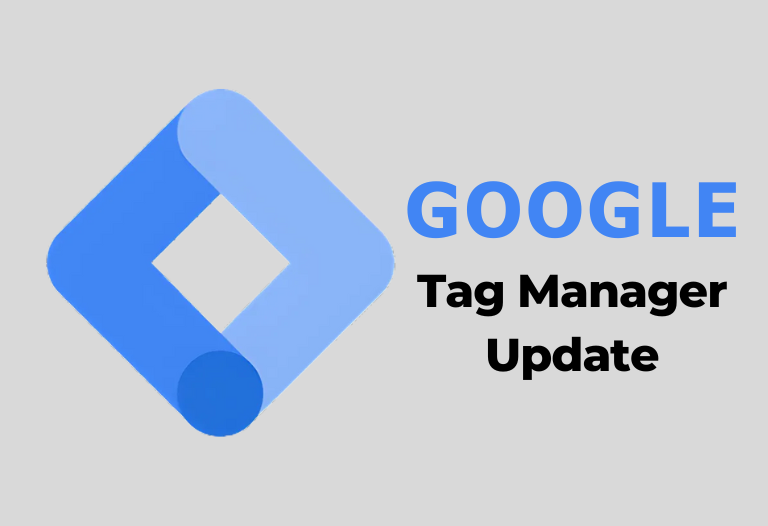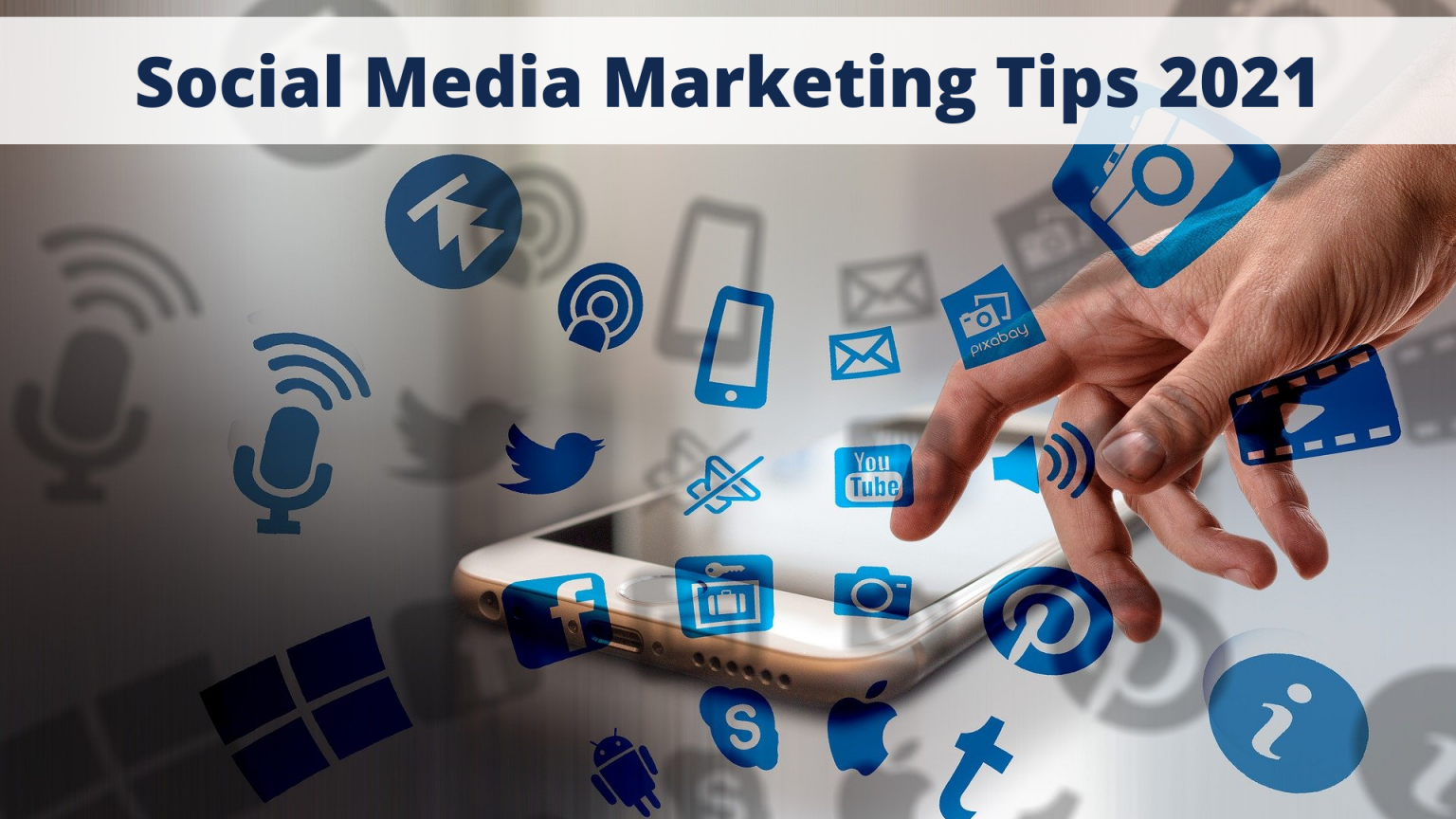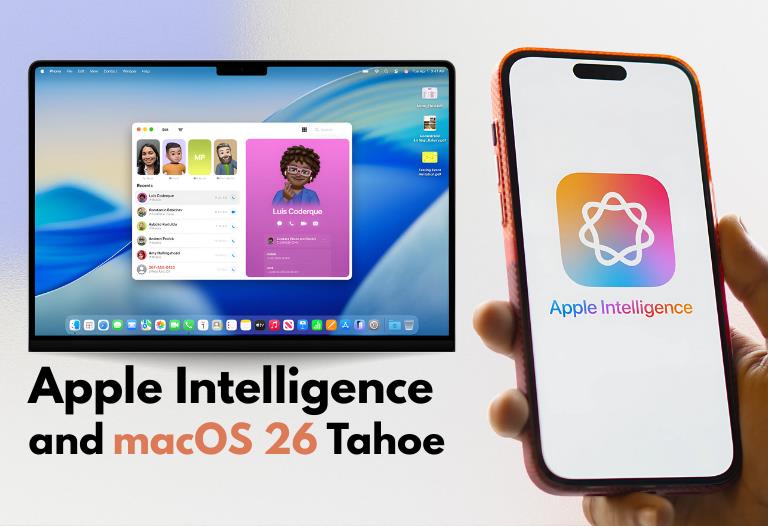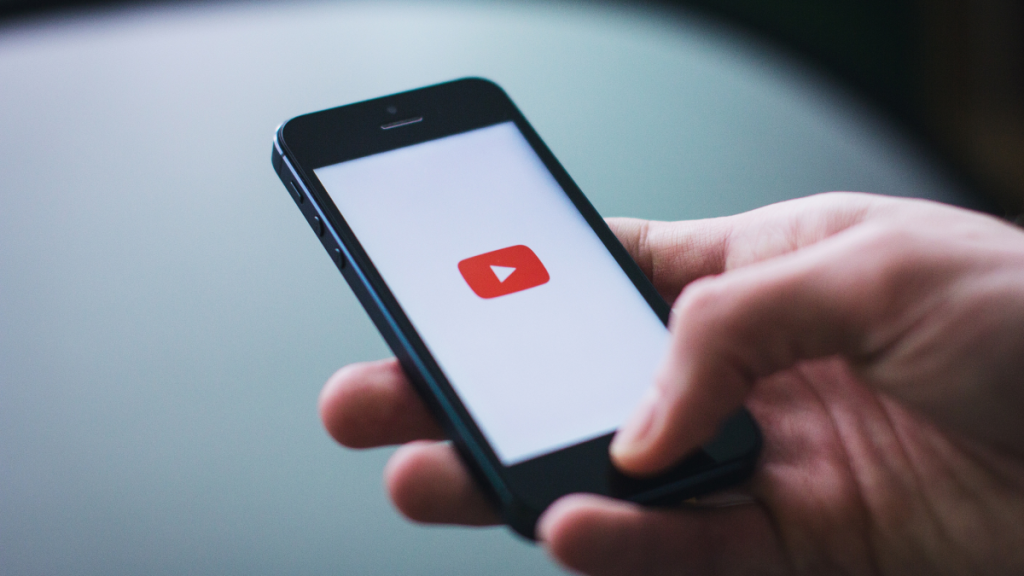
YouTube is moving deeper into online shopping, positioning itself as the streaming match of QVC or HSN (a.k.a. the Home Shopping Network).
The video platform said Tuesday it’s partnering with e-commerce heavyweight Shopify to grow its “creator-hosted streamed events.”
This is to say, more sales rise from people who present themselves as “influencers” but who may be, in fact, little more than corporate shills.
Live online shopping programs allow viewers to buy goodies in real-time. That’s not necessarily a bad thing.
“Now eligible creators can link their Shopify store to their YouTube channel in just a few steps,” YouTube said in a blog post. Remember, though, that the easier it becomes to sell things online, the greater the odds that disreputable types will seek to take benefit of you.
“We know that creators and viewers have a unique relationship, and this trust helps inform what viewers ultimately buy,” YouTube says.
You must remember that “creators” are needed to disclose any payment they receive in return for hawking products.
“If you endorse a product through social media, your endorsement message should make it obvious when you have a relationship (‘material connection’) with the brand,” the Federal Trade Commission says.
“A ‘material connection’ to the brand has a personal, family or employment relationship or an economic relationship — such as the brand paying you or offering you free or discounted products or services.”
Many influencers and creators view this requirement more as a Pirate-Code guideline than a rule for keeping market transparency. That’s not to say you can’t trust all the friendly faces you see on YouTube’s live shopping streams.
But it’s a fair assumption that many, if not most, are lining their pockets as they pitch merchandise. If they’re not addressing that, you have the right to be alert. And you should keep this in mind whenever you watch these things




 August 3, 2022
August 3, 2022